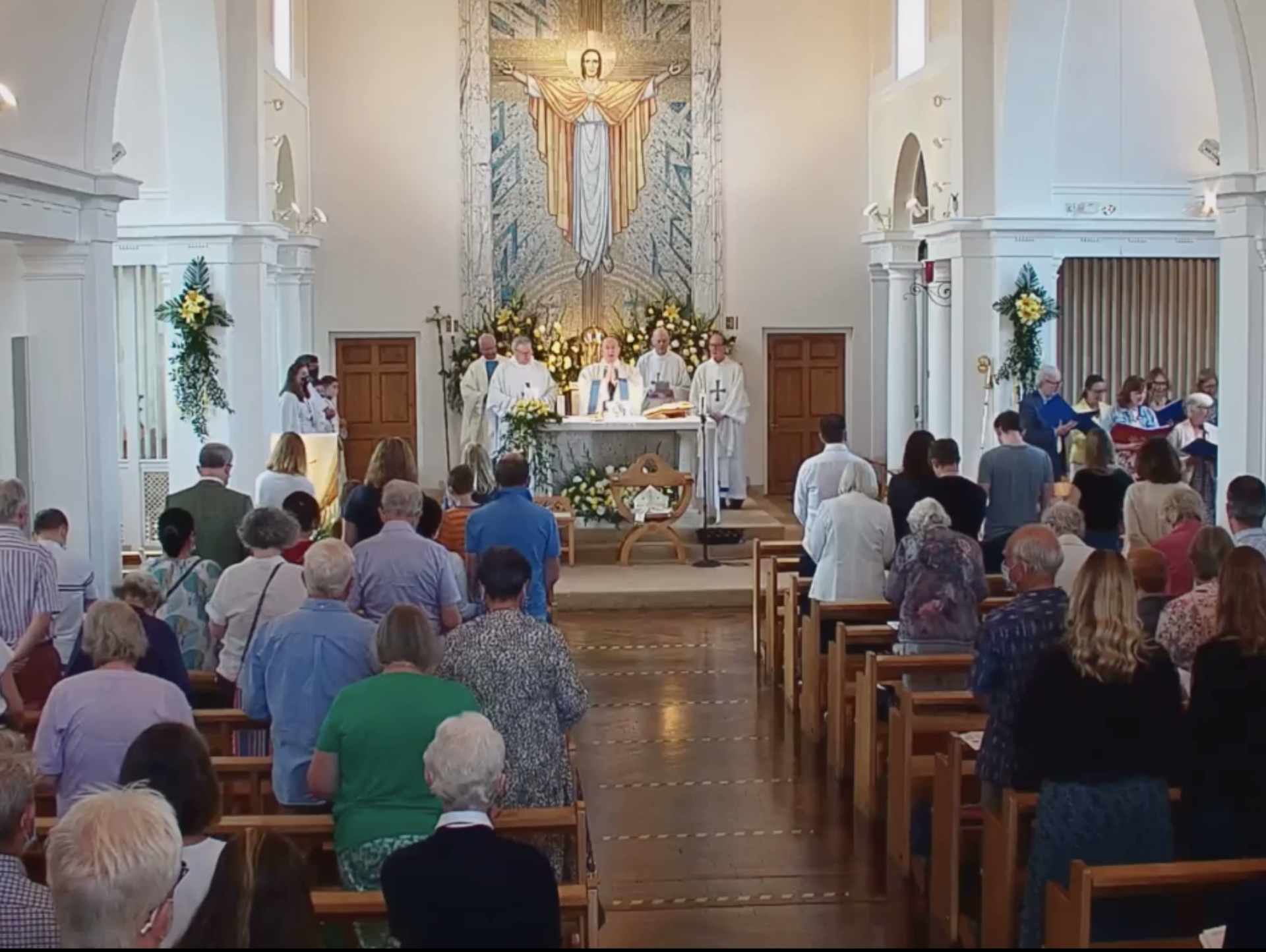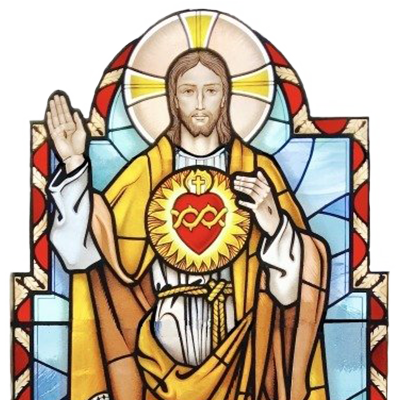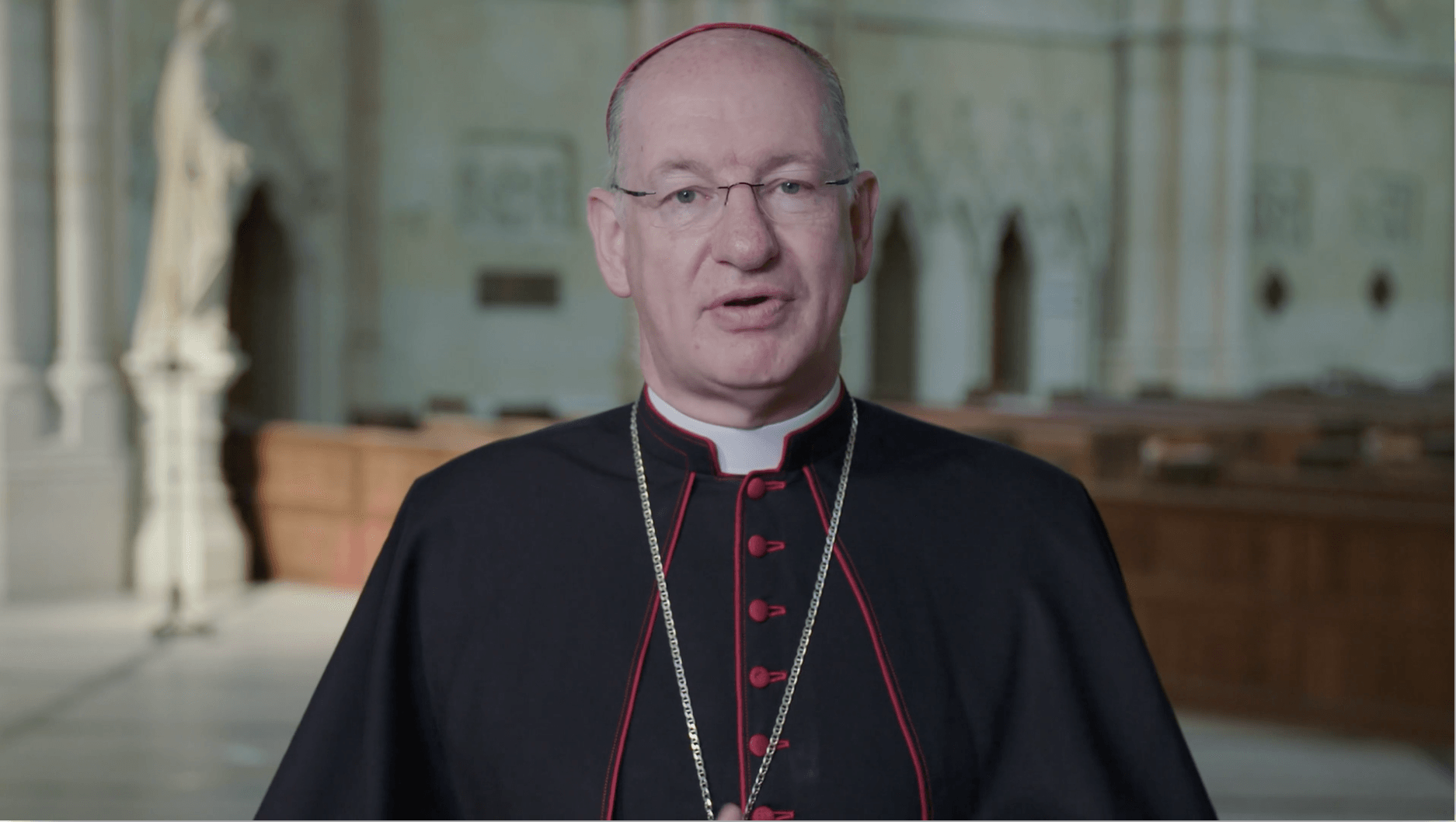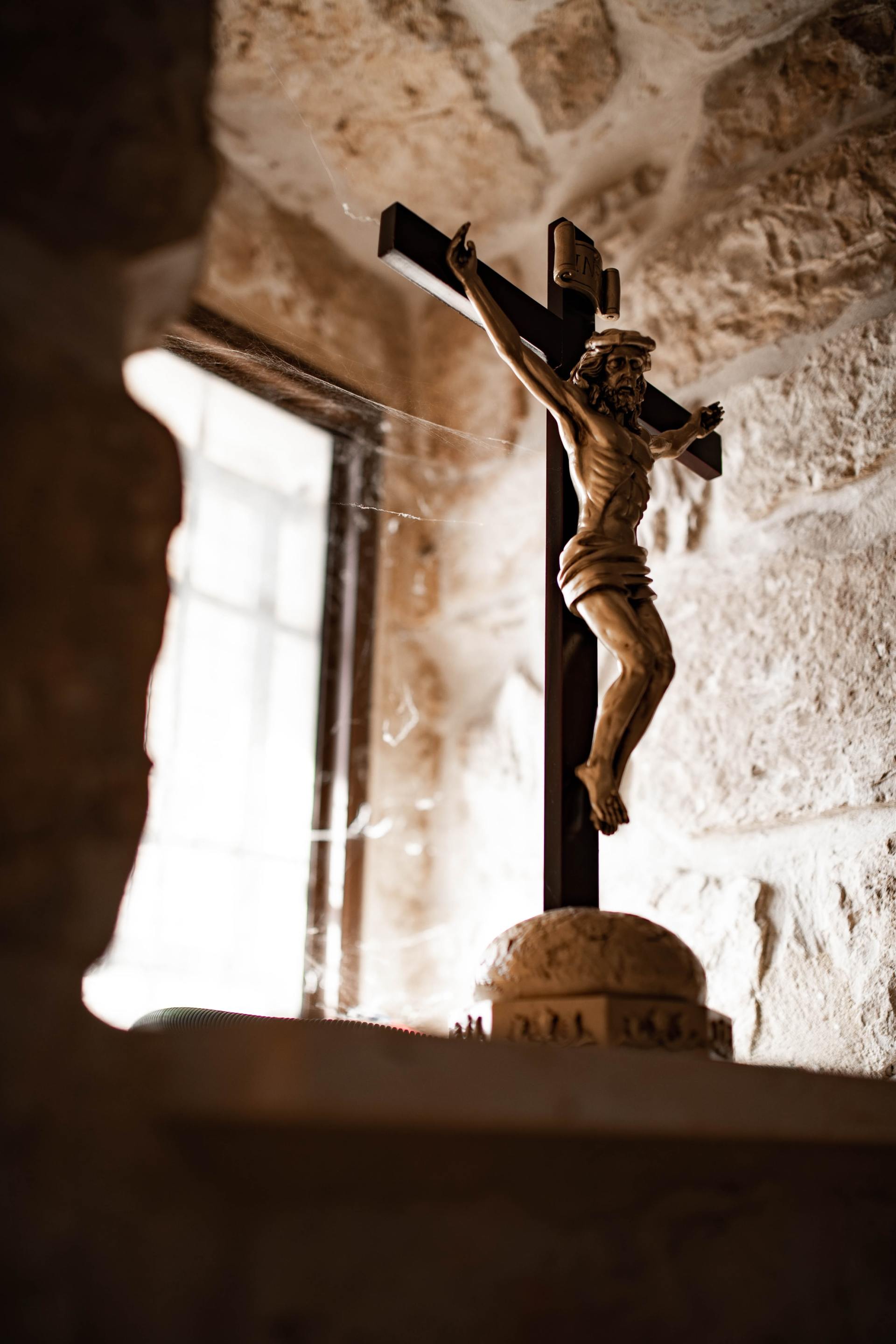7th Sunday of Easter

Our first reading this weekend captures the meaning of our liturgical celebration. Matthias, not one of the original followers of Jesus, is chosen to be ‘a witness to his resurrection.’ From Easter to Pentecost all the readings in effect present different aspects of what it means to be such a witness.
Our gospel concludes the Johannine farewell discourses with a selection from what has been called ‘the Testament of Jesus,’ or his ‘high priestly prayer,’ one long prayer to his Father, so powerful and so poignant that it should be read in its entirety. The excerpt from the Lectionary is poorly chosen, since the prayer has three units: Jesus’ prayer for himself (17:1-5); for his disciples (17:6-19); and for future believers (17:20-26). Among non-biblical Jewish writings slightly earlier or even contemporary with the New Testament, there is a collection called Testaments of the Twelve Patriarchs, or of Moses, narratives of the deaths of the great founding figures of Israel. These bid farewell to their loved ones, speaking of how God touched their lives and warning them of dangers they face. This literary genre has clearly as Jesus, whose death is imminent, give voice to his deepest hopes for his loved ones.
Jesus prays that the disciples may experience that unity he shares with his Father, that they may share his joy, and that they will be consecrated in truth. Jesus also prays for their protection in a hostile world. His own life is a paradigm for the lives of believers. He comes from above, from presence with God, to an alien world that does not accept him, and then returns to the Father. The believer, In John, is born from above (1:12-13; 3:3), lives in a hostile and alien world (15:18-19; 16:33; 17:14, 16, 18); and, as Jesus returns to the Father, the destiny of his followers is to be with him (12:26; 14:2-3, 13).
The ambiguity of ‘the world’ echoes throughout John. It was made ‘through him’ (the Word) but did not recognise him (1:10-11). Jesus takes away the sin of the world, and God so loved the world that he gave his only Son; he is the living Bread that will be the life of the world (6:51). Yet ‘the world’ often symbolises the power of evil organised against Jesus and his followers (3:19; 15:18-19). Though other New Testament writings have a more positive attitude toward the world, and though the contemporary Church is summoned to be engaged in the world and to discern the manifestations of goodness among non-Christians, in John, Jesus and the disciples come to the world not to change it but to challenge its values. The mission should not be lost amid contemporary changes of attitude.










